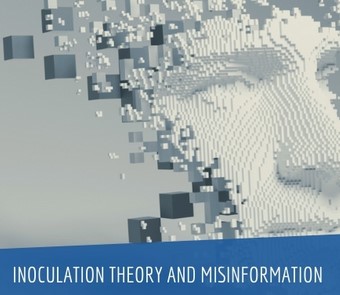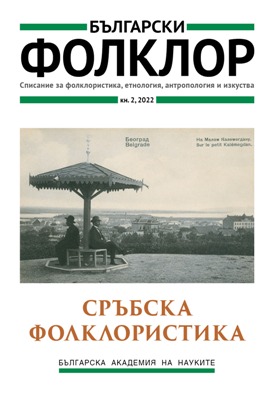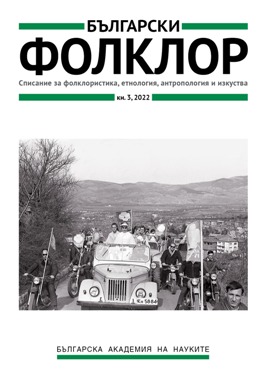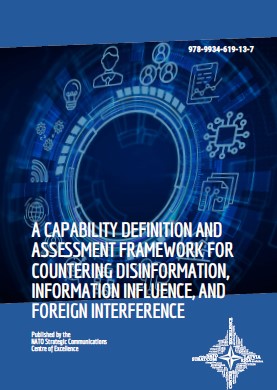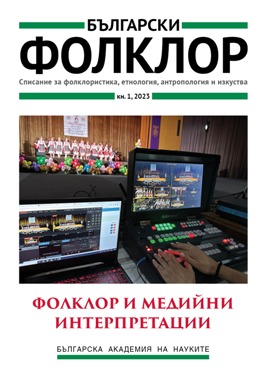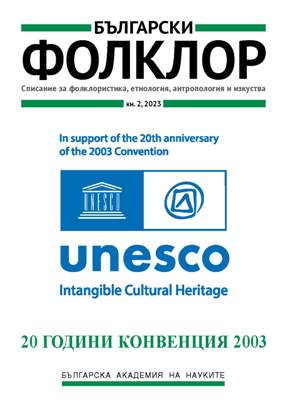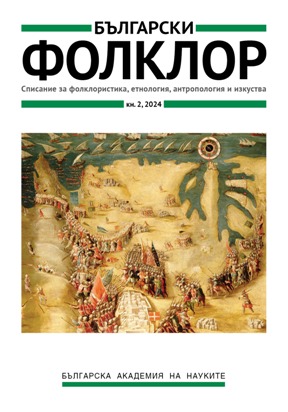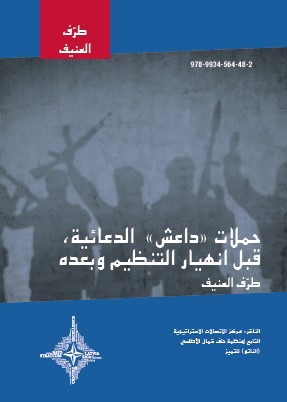
الدعائية، » داعش « حملات قبل انهيار التنظيم وبعده طرّف العنيف
إن هذا التقرير يقارن بين ارشيفين من وسائل الإعلام الرسمية ل”داعش“ بفارق أربعسنوات. يبحث التقرير في تفاصيل نظرة التنظيم للعالم ويتابع تأثير العوامل الظرفيةالخارجية والداخلية عليه خلال سنوات تكوين الخلافة. وقد تب أن نشاط البنية التحتية يالإعلامية للتنظيم في أواسط 2019 قد انخفض الى حوالى عُشرٍ من نشاطها في أواسط2015 . تُظهر البيانات أيضاً أن التنظيم كان يخصص وقتاً أطول لمتابعة شبكته العالمية في2019 مقارنة ب 2015 . وأخيراً، تشير البيانات الى تغيير مواضيعي جسيم في رواية التنظيمالدعائية بشكل شامل، وقد تجسد ذلك في تحويل روايته من طوباوية مليارية الىإنكارية عسكرية. وخلاصة القول أن البيانات تدل على أنه بحلول عام 2019 ، انخفضنشاط القائمين بالدعاية لتنظيم “داعش” بشكل ملحوظ، وعملهم الإجمالي كان دولياًومركّزاً أقل على القضايا المدنية. إن هذا التغيير يشير الى بدء مرحلة جديدة في مسارالترويج السياسي للتنظيم، وقد أصبح مركّزاً أكثر على البقاء وليس على التوسّع.
More...


